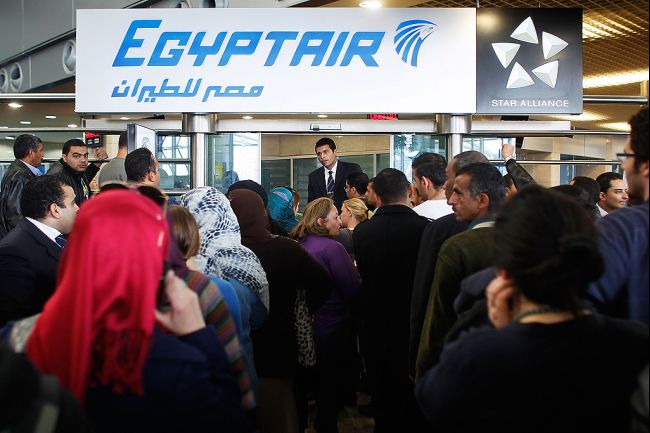Egypt’s Minister of International Cooperation Rania Al-Mashat has revealed that the development cooperation portfolio for the country’s supply sector amounts to about $128.8m.
The finance came with the contribution of development partners, such as the Saudi Fund for Development (SFD), and the OPEC Fund for International Development.
The minister added that these funds have contributed to achieving development impact in 27 governorates, and helped in supporting the supply system’s capacity.
This aimed to optimise the use of resources, and to overcome annual losses that result from poor storage conditions. These funds have also helped in the inauguration of 11 silos with a storage capacity of 645,000 tonnes, in addition to the inauguration of two warehouses for storing wheat with a capacity of 100,000 tonnes. A total of 13,000 job opportunities have been created as a result of the financing.
Minister Al-Mashat added that the development funds provided by the ministry to the supply sector aim to support the implementation of several of the UN’s sustainable development goals (SDGs). This is namely: SDG 2 – Zero Hunger; SDG 8 – decent Work and Economic Growth; SDG 12 – Responsible Consumption and Production.
Her remarks came during a multi-stakeholder platform (MSP) on the supply sector titled “Sustainable Value Chains: Towards Food Security”. It was held in the presence of Minister of Supply and Internal Trading Ali Meselhi, several multilateral and bilateral development partners, and private sector representatives.
The MSP aims to put forward the efforts exerted by the Ministry of Supply and Internal Trading to enhance sustainable value chains. It also looks to discuss opportunities of development cooperation for the next phase, as well as to discuss future opportunities of collaboration with international partners.
The MSP was held in the presence of: Major General Sherif Bassili, Chairperson of the Board of Directors of the Egyptian Holding Company for Silos and Storage (EHCSS); Ashraf Al-Jazayeri, Chairperson of the Chamber of Food Industries; Elena Panova, UN Resident Coordinator in Egypt; the Economic Adviser to the German Embassy; and representatives of several development partners, including the Kuwait Fund for Arab Economic Development, the European Bank for Reconstruction and Development (EBRD), and the Japan International Cooperation Agency (JICA).
Minister Al-Mashat affirmed that the joint MSP aims to strengthen international partnerships across various sectors and to maximize the development impact.
She pointed out that the constant cooperation between the Ministry of International Cooperation and the Ministry of Supply and Internal Trading aims to keep tabs on the progress of projects funded by development partners.
It also aims to coordinate efforts to identify priority areas of cooperation during the upcoming period, to support Egypt’s strategy to achieve food security and develop sustainable value chains.
Minister Al-Mashat reviewed the MSP’s future steps for the supply sector, where targeted work groups will be formed to discuss priority issues identified by the Ministry of Supply and Internal Trading.
These work groups will highlight challenges previously faced and propose solutions, identify requirements for technical cooperation, and suggest potential areas of cooperation in the short and long terms.
It also looks to create integration between development partners supporting the implementation of the supply sector projects and aiming to expand successful experiences.
Meselhi emphasised the importance of the work carried out by his ministry, which serves about 70% of society, as it directly affects people’s lives and leads to social stability.
The minister presented his ministry’s strategy to promote sustainable value chains and food security, by working towards achieving self-sufficiency regarding strategic food commodities, such as wheat, which comes at the top of the list.
He pointed out that Egypt produces 8-9 million tonnes of wheat on an annual basis, in contrast to the volume of consumption rate of 18 million tonnes. As a result, the country fills the estimated gap of 9-10 million tonnes per year through imports.
Meanwhile, Panova expressed her aspiration to strengthen partnerships that would support Egypt in achieving food security by providing support to small-scale farmers through technical support.



